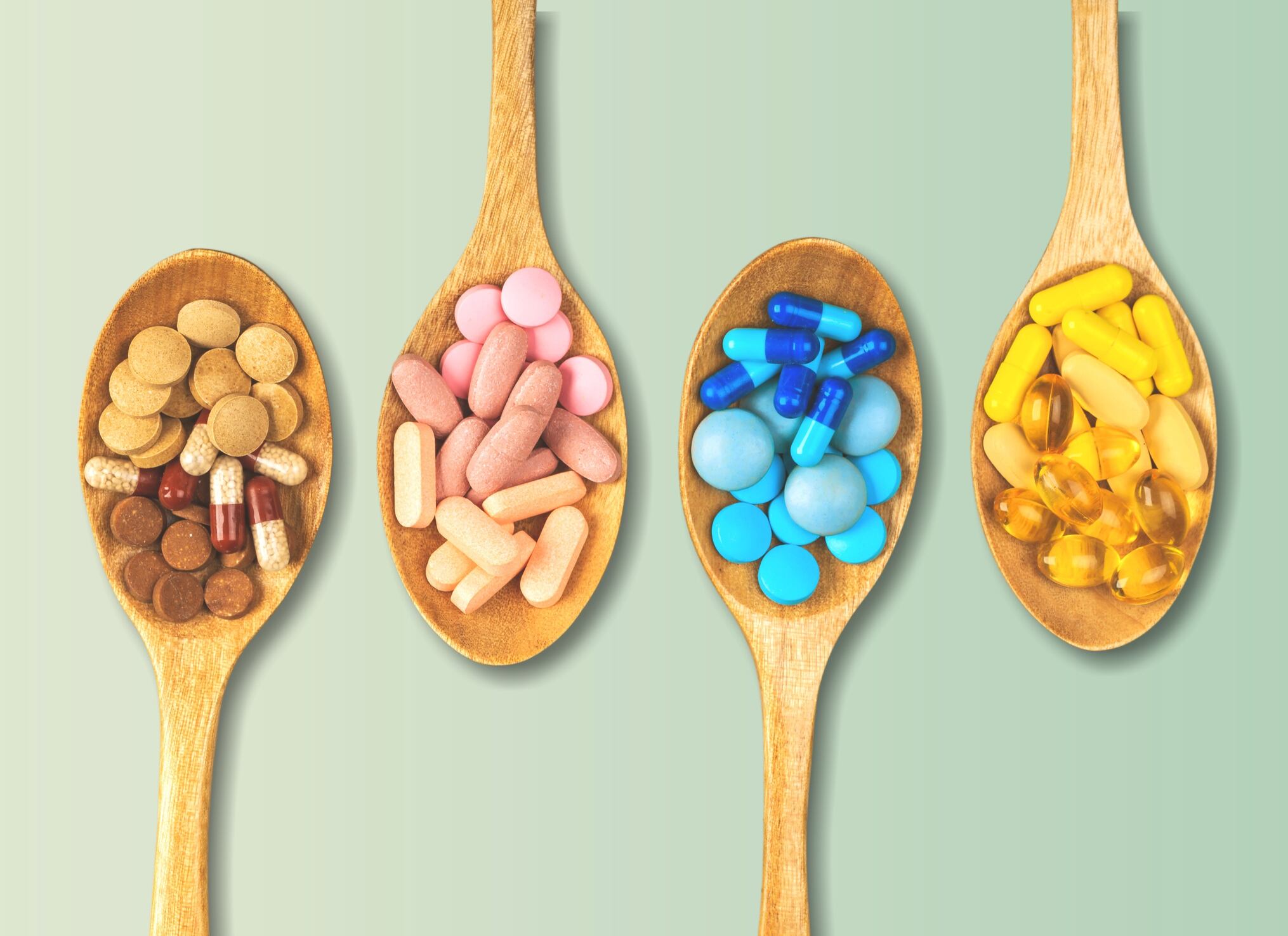The scientists analyzed data from 1126 mother-child pairs from Project Viva, a pre-birth cohort, and found there were fewer behavior regulation problems in children of women with higher lutein levels during the first and second trimester.
The findings were presented as a poster at the Food & Nutrition Conference & Expo hosted by the Academy of Nutrition and Dietetics, and an abstract was published in the Journal of the Academy of Nutrition and Dietetics.
The researchers did not, however, find any significant associations between gestational lutein intake various cognitive function measures.
“Higher maternal gestational intake of lutein was associated with better child behavior regulation in mid-childhood,” they wrote. “Investigators should examine the relationship between dietary lutein and neurodevelopment in early life in other populations and using additional cognitive tests.”
Lutein and brain health
The study, which was funded by Kemin, which offers the FloraGlo brand of lutein, adds to the ever growing body of science supporting the potential brain health benefits of lutein. The carotenoid is most commonly associated with eye health, given that it and zeaxanthin are concentrated in the macula.
The link between lutein and eye health was first reported in 1994 by Dr Johanna Seddon and her co-workers at Harvard University, who found a link between the intake of carotenoid-rich food, particularly dark green leafy vegetables like spinach, and a significant reduction in age-related macular degeneration (AMD) (JAMA, Vol. 272, pp. 1413-1420).
Numerous studies with data from primates, children, middle-aged people, and the elderly now support the importance of lutein in brain health, which is unsurprising given that the eyes and the brain are connected.
Indeed, recent findings from pediatric brain tissue studies have shown that about 60% of the total carotenoids in the pediatric brain tissue is lutein, and yet NHANES data show that lutein is only about 12% of the carotenoids in the diets, so there is a preference for lutein in the brain (Vishwanathan et al. J Pediatr Gastroenterol Nutr. 2014).
A 2017 study by scientists from Queens University Belfast and the Macular Pigment Research Group at the Waterford Institute of Technology found that higher blood levels of lutein and zeaxanthin may be associated with better cognition, memory, and executive function (Journal of Gerontology, Series A).
Source: Journal of the Academy of Nutrition and Dietetics
October 2019, Volume 119, Issue 10, Page A131, doi: https://doi.org/10.1016/j.jand.2019.08.107
“Prospective Study of Maternal Lutein Intake During Pregnancy and Mid-Childhood Neurobehavioral Functioning”
Authors: H. Mahmassani et al.



